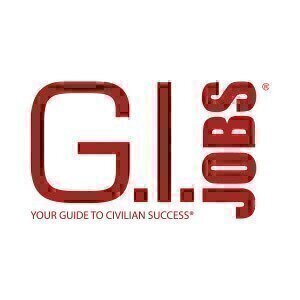Secret Vs. Top Secret Clearance Jobs
Luckily for most military members, a standard clearance is part of that process when you enlist or, for officers, as you’re going through your commissioning program.
So it’s likely you already know most of this, but as a refresher …
Most military start of with the Secret clearance. As you may recall, the clearance process begins with a Personal Security Questionnaire, SF-86, asking for reams of data about your history and family. It’s like a really in-depth job application, but broader in scope.
The Office of Personnel Management (OPM) conducts the vast majority of these investigations, and they’ll look for any concerning issues regarding any criminal history, finances and your allegiance to the country. They’ll also dig into your references.
Having a clearance doesn’t necessarily mean you know government secrets. It means the government can reasonably trust that you won’t try to steal secrets. A Secret clearance grants you, in essence, the ability to work around material which could “cause serious damage to national security if it were disclosed improperly.”
Chances are high, if you’ve got a Top Secret (TS) clearance then you already know the difference because they really drill it into you. A Top Secret clearance means you have “access to information or material that could cause exceptionally grave damage to the nation’s security if improperly disclosed.”










